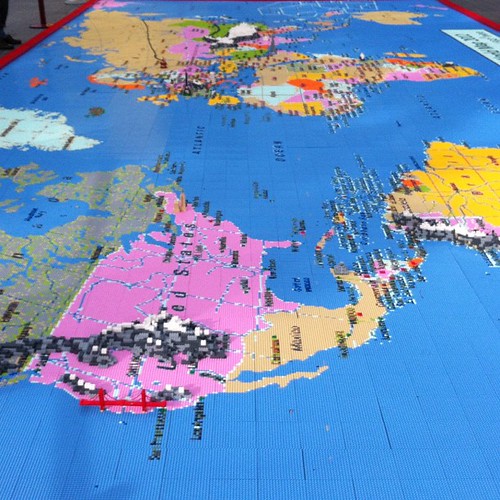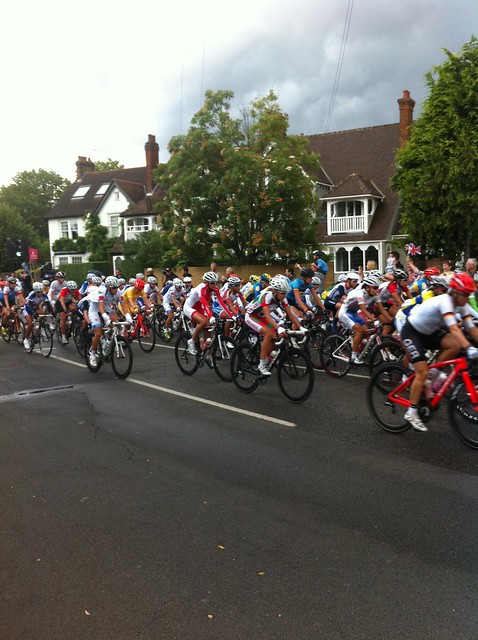Maps, Maps And MOAR Maps At The Society Of Cartographers And Expedia
Updated September 13th. 2012 with embedded YouTube video.
Wednesday September 5th. 2012 was a day of maps. To be precise, it was a day of maps, maps and MOAR maps. Two events, two talks, back to back. Packed choc-a-bloc full of maps. I also cheated slightly.
Firstly there was the International Cartographical Association's first session of the newly formed Commission on Neocartography. Cartography, neocartography, maps; what is there not to like? I'd previously spoken at the UK's Society of Cartographer's annual conference so it was great to be asked by Steve Chilton, SoC and Neocartography chair, to speak at the Neocartography Commission.



